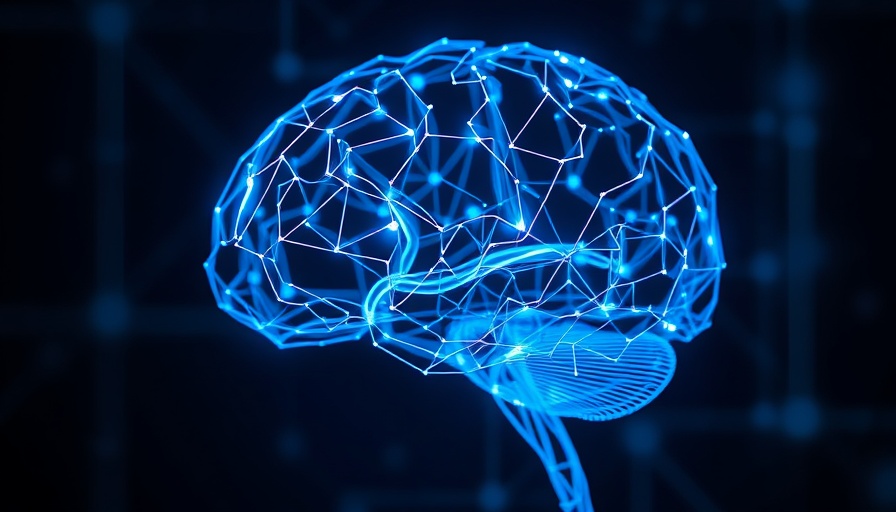
Understanding Mental Health through Brain Patterns
Recent advances in neuroimaging have unveiled intriguing brain patterns associated with various mental health symptoms, offering new avenues for understanding childhood mental health. Researchers believe that identifying these brain signals is a crucial step in developing targeted interventions that can assist children facing complex mental health challenges.
The Impact of Environment and Genes
Interestingly, the environment where children grow up plays a significant role in their mental health outcomes. Just as researchers have identified shared genes that link ADHD with dyslexia and dyscalculia, studies indicate that neighborhood characteristics, including social cohesion and access to resources, can affect brain health over time. This underscores the importance of not only understanding biological factors but also social contexts that can influence mental wellness.
Taking Action for Mental Health
As parents, understanding these connections empowers you to create supportive environments for your children. By promoting openness about mental health and fostering emotional intelligence, you are actively participating in the prevention of potential issues. Encourage your children to express their feelings and provide them with tools to understand their emotions better. Resources like mindfulness apps or educational materials on emotional resilience can make a difference.
Finding the Right Resources
As you navigate these waters, consider looking for educational apps that provide age-appropriate content about emotions and mental health. Device-free activities can also enhance family bonding time and encourage discussions about mental well-being without the distractions of screens. By prioritizing these moments, you can also establish screen time limits that foster healthier relationships with technology.
Seeking Professional Guidance
If you have concerns about your child's mental health, don't hesitate to seek guidance from professionals. Early intervention can lead to better outcomes, and many schools offer counseling services that can provide support when needed. Remember, you are not alone in this journey, and there's a network of resources available to help you and your family thrive.
In conclusion, understanding the intricate links between brain patterns and mental health is essential for making informed choices about nurturing the psychological well-being of our children. As we learn more from groundbreaking research, we can leverage this knowledge to create enriching, supportive environments that promote resilience and happiness in our kids.
 Add Row
Add Row  Add
Add 




 Add Row
Add Row  Add
Add 

Write A Comment